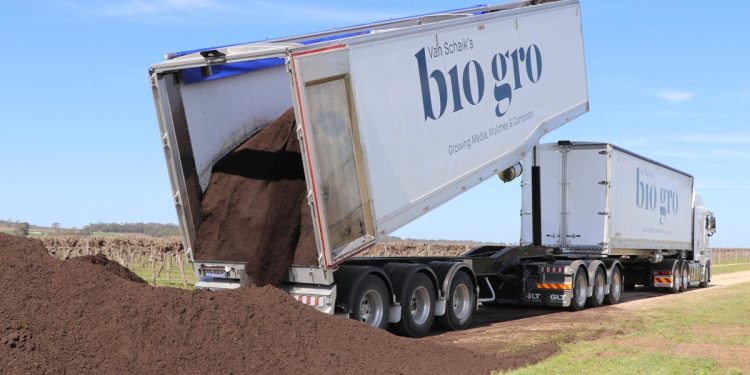Healthy root systems are a key to success in any crop. They are “the plants digestive system”, according to Bio Gro founder Peter Aleman. “Roots are about surface area. More root mass, especially fine root hairs, give the plant the ability to access the water and nutrients it needs, when it needs them”.
This fact has been a guiding principle of Bio Gro’s “Grow Roots, Pump Nutrients, Drive Photosynthesis” philosophy for 30 years. While applicable to any crop, it is especially true in potato, a plant with high nutrition needs but a weak root system relative to many other crops.
“It’s a multipronged approach.” says Aleman. “We look at the soil tests, listen to how the grower uses fertilizer and we make sure that we have enough nutrients to finish out and grow a quality, high-yielding crop. We get technical, down to the variety, seed quality and, specifically, how we grow and manage roots.”

Bio Gro specializes in combining biological components – organic acids, plant extracts, amino acids and humic substances – with mineral nutrition to optimize plant performance. Early in the crop cycle, these combinations stimulate both vesicular arbuscular mycorrhiza (VAM) and beneficial bacteria that colonize the rhizosphere. This supports and protects new root growth, which in turn improves nutrient uptake.
As the season progresses, the focus turns to foliar and water-run applications to lengthen and strengthen the photosynthesis period. According to Aleman, maximizing photosynthetic function generates root exudates that further support plant health and soil fertility functions.
“Healthy crops build heathy soils”, he says. “We look at the soil and think about how the major nutrients are going to act in your soil. Then, we can adjust the way you apply the fertilizer and add the biological elements that build healthy roots.”
It is an approach that resonates with Bio Gro’s Director of Research, Dr. Mir Seyedbagheri. Dr. Mir, as he’s known – a Professor Emeritus at the University of Idaho – first came across Bio Gro in the early 90’s while conducting field research on humic acids. He was impressed with the performance of Bio Gro formulas, and eventually met Peter Aleman through a mutual industry contact. The two bonded over a shared passion for soils & agronomy as well as philanthropic endeavors and have maintained a personal & professional relationship ever since.
Humic acids have been an area of particular expertise for Seyedbagheri, taking him around the world throughout his career as a researcher and speaker. As a respected agronomist in his own right, though, it was Bio Gro’s overall approach that convinced him to join the company in 2021.
“Bio Gro has a systems approach, meaning we don’t just sell products”, he says. “We do water analysis, we do a soil analysis, we identify all the problems, and we look at the missing link for growers. Once we understand the soil and the challenges, we apply that analysis to cover all the specs of soil, water, and plant relationships.”
In his role as Director of R&D, Dr. Seyedbagheri supports Bio Gro’s field staff and farm clients with technical training and connections to the scientific community. He relishes the personal connections, which is what makes Bio Gro unique to him.

Only 2% of identified fungi are parasitic to plants, so why do we try to kill everything that is growing on or near the plant roots?
Although we don’t recommend eliminating fungicides, Bio-Gro’s Potato Fertility Program can sustain a community of beneficial root microbes (including PGPR and VAM) early in the growth cycle, when the plant’s root system is small enough to manage completely. Early applications of Bio-Gro products combined with a focused fertility program is the key to success.
“We tailor to growers’ needs and we listen to them. It doesn’t matter if it’s a small grower or a grower with 10,000 acres; we treat them the same”.









